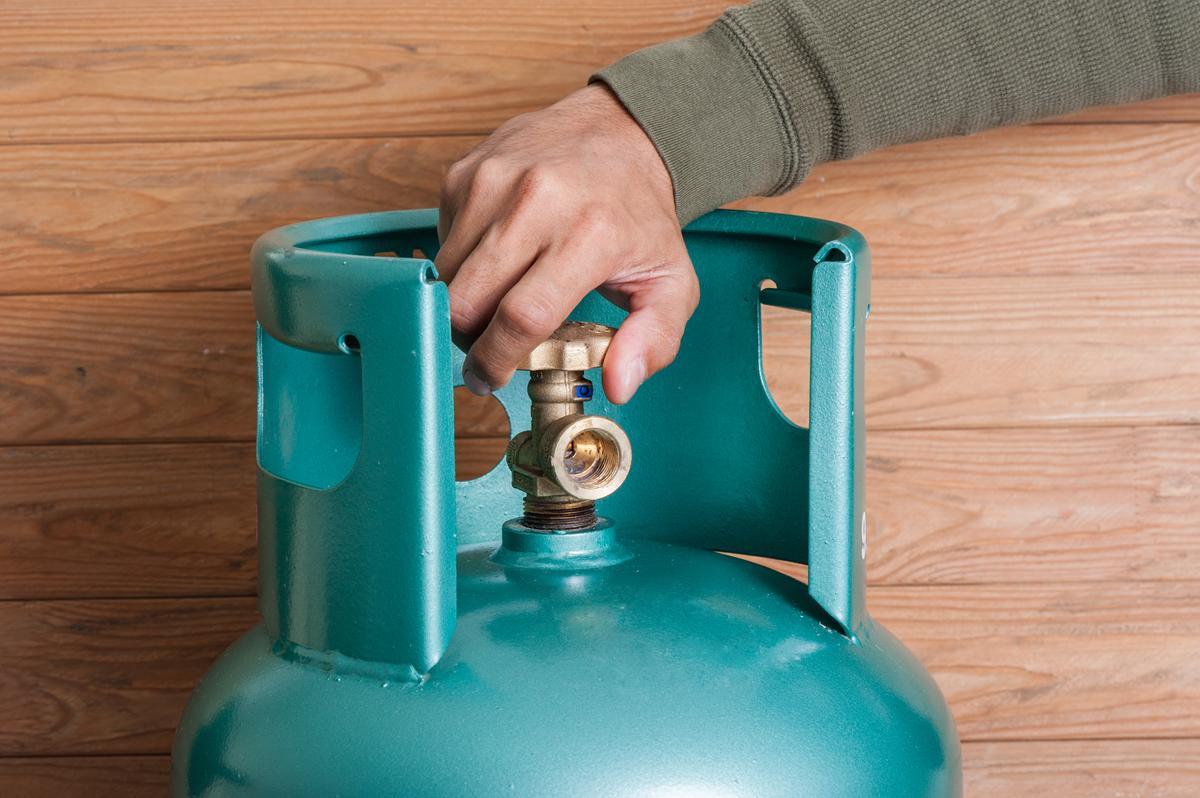In our modern world, LPG (liquefied petroleum gas) has become an indispensable energy source, widely used for residential, commercial, and industrial purposes. Whether it's for cooking, heating, or powering vehicles, LPG plays a vital role in our daily lives. Behind the safe and efficient usage of LPG lies a crucial component: the LPG valve. In this blog, we will delve into the basics of LPG valves, exploring their importance, types, and key features. Let's embark on a journey to understand the inner workings of LPG valves and their significance in ensuring the reliable delivery and utilization of this versatile fuel.
The Significance of LPG Valves
LPG valves serve as the gateway to the flow of LPG from storage tanks to end-users. Their primary purpose is to control the flow of gas, allowing for safe and efficient operation. By understanding the fundamentals of LPG valves, users can make informed decisions about selecting, operating, and maintaining them.
Types of LPG Valves
Cylinder Valves: Cylinder valves are commonly used in portable LPG cylinders. They feature a handwheel or a lever for manual operation, allowing users to control the gas flow. These valves incorporate safety features such as pressure relief mechanisms and excess flow valves to prevent accidents caused by overpressure or sudden leaks.
Multi-Valve Systems: Multi-valve systems are used in larger LPG storage tanks. They typically consist of multiple valves, including a main isolation valve, a pressure relief valve, a liquid withdrawal valve, and a vapor withdrawal valve. These systems enable controlled filling, vaporization, and withdrawal of LPG.
Key Features and Components
Pressure Relief Mechanism: LPG valves are equipped with pressure relief mechanisms that automatically release gas if the pressure exceeds a certain threshold. This feature ensures that the system remains within safe operating limits and prevents potentially dangerous situations.
Excess Flow Valve: Another crucial feature found in LPG valves is the excess flow valve. It acts as a safety measure, instantly shutting off the flow of gas in case of a sudden rupture or excessive flow caused by a damaged hose or pipe.
Manual Shut-off: LPG valves should have a manual shut-off mechanism, allowing users to stop the flow of gas when required. This feature is vital during emergencies, maintenance procedures, or when the system is not in use.
Safety Measures and Regulations
LPG valves are subject to stringent safety measures and regulations to ensure the protection of both users and the environment. International standards and local regulations govern the design, manufacturing, and installation of LPG valves. It is crucial to adhere to these guidelines and regularly inspect and maintain the valves to guarantee their safe and reliable operation.
Proper Usage and Maintenance
To maximize the lifespan and performance of LPG valves, it is essential to follow proper usage and maintenance practices. Users should handle valves with care, avoid applying excessive force, and ensure proper storage conditions. Regular inspection, cleaning, and lubrication are essential to prevent corrosion, leakage, or malfunctioning of the valve components.
Conclusion
LPG valves play a pivotal role in the safe and efficient utilization of liquefied petroleum gas. Their proper selection, operation, and maintenance are crucial to prevent accidents, leaks, and ensure uninterrupted supply. By understanding the basics of LPG valves, users can make informed decisions and take appropriate measures to enhance the safety and reliability of their LPG systems. Remember, the key to a smooth and worry-free LPG experience lies in comprehending the essential functions and features of the valves that facilitate the flow of this versatile fuel.


No comments yet